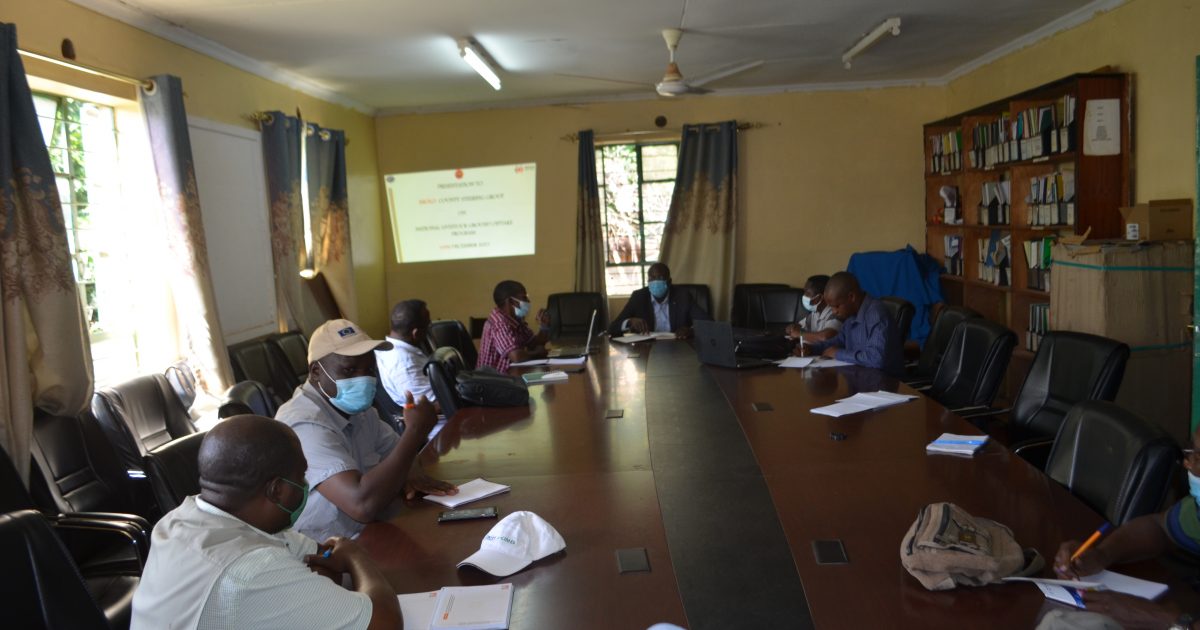Some 46,800 learners from Isiolo County have been affected by drought forcing them to take one meal per day.
According to a drought assessment report released by the National Drought Management Authority (NDMA), 9,098 Early Child Development (ECD) learners, 30,579 primary school pupils and 7,130 secondary students have been affected by drought, since the WFP stopped the school feeding programme.
Addressing the County Steering Group (CSG) that was chaired by the County Executive Committee member for Agriculture, Livestock, and Fisheries Dr. Lawrence Mwongera, NDMA Information and Data Officer Alex Murithi said students were skipping meals due to poor food security following rain failure in the area.
Murithi said that 60 per cent of water sources near the schools had dried up forcing the students to fetch water from far, hence disrupting their class time.
The Data Officer further said that most of them are having one meal per day where their parents cannot provide two meals according to the World Health Organization standards.
He added that Isiolo County has 21,000 people on cash transfer programme and about 120,600 are in need of relief food for the next four months, when the March-May long rain is expected.
The CSG members noted that the number of street beggars in Isiolo town had risen sharply and the concern should be addressed by the relevant authorities, where majority of the beggars are from the neighbouring counties.
The meeting also heard that there was an influx of livestock from Laikipia, Samburu, Marsabit, Wajir and Garissa which was causing tension in Oldonyiro, Charri, Sericho and Burat Wards in the county, where herders have converged in search of pasture and water.
The members present challenged the veterinary department to ban transportation of livestock to Isiolo except for those animals to be slaughtered locally.
According to the Livestock Marketing System Program Officer Mr. Wako Ture, the influx of animals was due to drought in neighbouring Ethiopia and the middlemen are buying large herds of cattle at the expense of the local market players.
Ture said livestock from outside is normally cheaper and those buying them look for good grazing areas where they could fatten the animals within a short period, thus fuelling conflicts with the residents.
The members directed the county executive who was chairing the meeting to avoid issuing trade permits to livestock owners from other Counties, since they were causing unhealthy competition.
By Abduba Mamo





